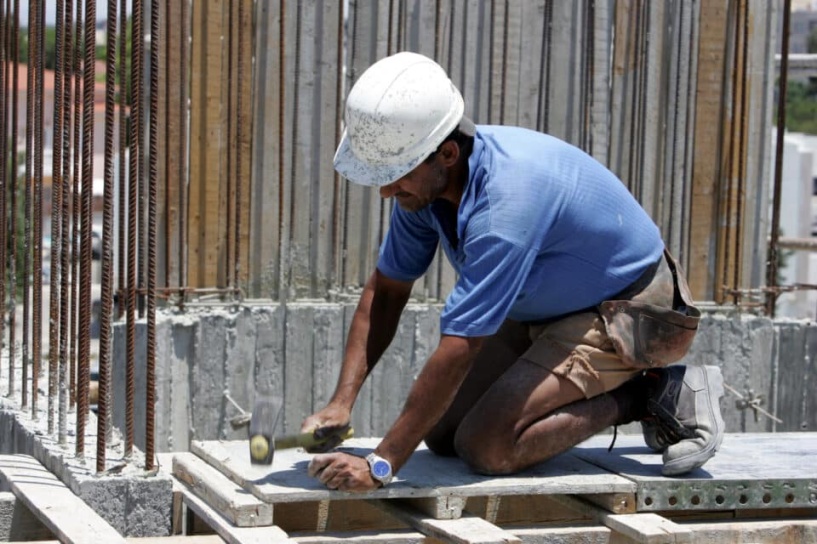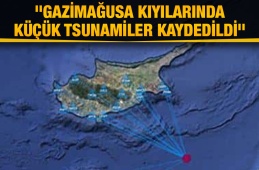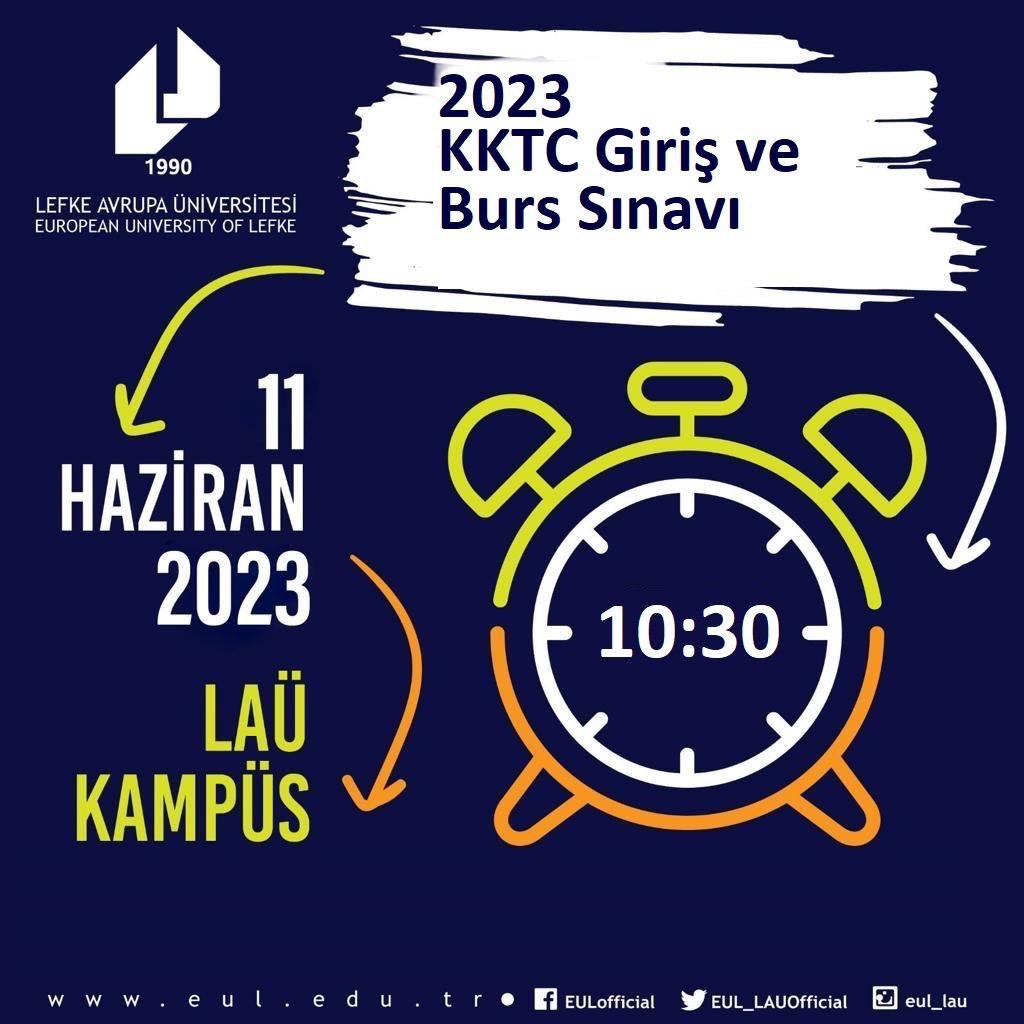Приведенными причинами являются предыдущие обязательства за границей некоторых участников и отсутствие из-за болезни других. Ожидается, что встреча состоится через некоторое время после новогодних каникул. Ставка CoLA на 2023 год, которая еще не определена, выплачивается один раз. в год, в январе. Выступая по радио CyBC, генеральный секретарь Федерации работодателей и промышленников (Oev) Михалис Антониу сказал, что в нынешних условиях было бы более конструктивно, если бы встреча по CoLA была перенесена на конец года. , и возьмет на себя новое правительство, которое тогда будет на месте. Президентские выборы пройдут 5 февраля. Антониу также заявил, что вопрос важный, но не настолько срочный, чтобы его нужно было срочно решать в праздничный период. В то же время, сказал он, до тех пор, пока не будет достигнуто новое соглашение, текущие правила будут соблюдаться. Однако, по словам Антониу, позиция Оева по этому вопросу была ясной, что восстановление CoLA не могло произойти за счет разрушения экономики, несмотря на перспектива трудовых волнений и забастовок, добавив, что в то время, когда ЕС запретил эту систему, Кипр не мог оставаться в стороне. Ставка CoLA, выплаченная на 2022 год, составила 1,27%. Однако профсоюзы надеялись, что при годовом уровне инфляции в 2022 году, который, как ожидается, составит около 7,7%, CoLA на 2023 год может удвоиться или даже утроиться. Выплата CoLA, которая была заморожена с июля 2011 года, возобновилась в январе 2018 года. По соглашению между министерством финансов и заинтересованными сторонами, CoLA выплачивается один раз в год в январе при условии, что во втором и третьем кварталах предыдущего финансового года зарегистрирован рост ВВП. Ставка CoLA ограничена половиной годового роста индекса потребительских цен. Профсоюзы хотят нового соглашения, повышающего его до 100 процентов ИПЦ. Работодатели хотят отменить CoLA. Тем временем в частном секторе CoLA получают не все, а только те, кто работает в профессиях, регулируемых коллективными договорами.
ГЛАВНАЯ СТРАНИЦА
 ПОВЕСТКА
ПОВЕСТКА
 Встреча профсоюзов и министров для обсуждения CoLA отменена
Встреча профсоюзов и министров для обсуждения CoLA отменена
Встреча профсоюзов и министров для обсуждения CoLA отменена
Должна состояться встреча между министерством труда и представителями профсоюзов Sek, Peo и Deok для достижения соглашения о стоимости жизни для всех
ИЗДАТЕЛЬСКИЙ: 21 декабря 2022 / 14.52 |ОБНОВЛЯТЬ: 29 марта 2023 / 19.34
ПИШИТЕ КОММЕНТАРИЙ, ПРИСОЕДИНЯЙТЕСЬ К ОБСУЖДЕНИЮ!
Комментарии
Kendi koyacağınız özel bir adla yorum yapmak için giriş yapabilir veya kayıt olabilirsiniz.
* К этому контенту нет комментариев, оставьте комментарий первым, давайте обсудим *
Вам может быть интересно

С завтрашнего дня температура воздуха понизится
Департамент метеорологии сообщил, что с завтрашнего дня температура воздуха понизится, а заморозки ожидаются в течение 5 дней.
#ПОВЕСТКА / 18 января 2026

Гючлюсой: «В задней части здания были обнаружены еще два трупа»
Дурали Гючлюсой, заместитель премьер-министра, сообщил, что среди обломков, где находился наш караван, были обнаружены тела еще 2 человек. К
#ПОВЕСТКА / 18 января 2026
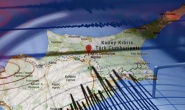
Кипр снова тряхнуло, опять землетрясение!
Еще один афтершок произошел на Кипре около 00:29.
#ПОВЕСТКА / 18 января 2026

Еще одна команда из 100 человек отправляется с Кипра в Адыяман.
После того, как первая группа отправилась из Ады в зону землетрясения в Адыямане и взяла на себя работу с обломками, как только они ушли, сегодня отправилась вторая коман...
#ПОВЕСТКА / 18 января 2026

Переход на летнее время начался, дни становятся длиннее...
#ПОВЕСТКА / 18 января 2026
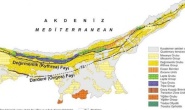
Председатель Палаты инженеров наук о Земле Огуз Вадилили Разлом Дегирменлик, разлом Овгос может активироваться
Известно, что в морской акватории между Карпазом и Хатаем существует сейсмическая брешь, и она давно не производит землетрясений, поэтому происходит аккумуляция энергии.
#ПОВЕСТКА / 18 января 2026
тенденции


